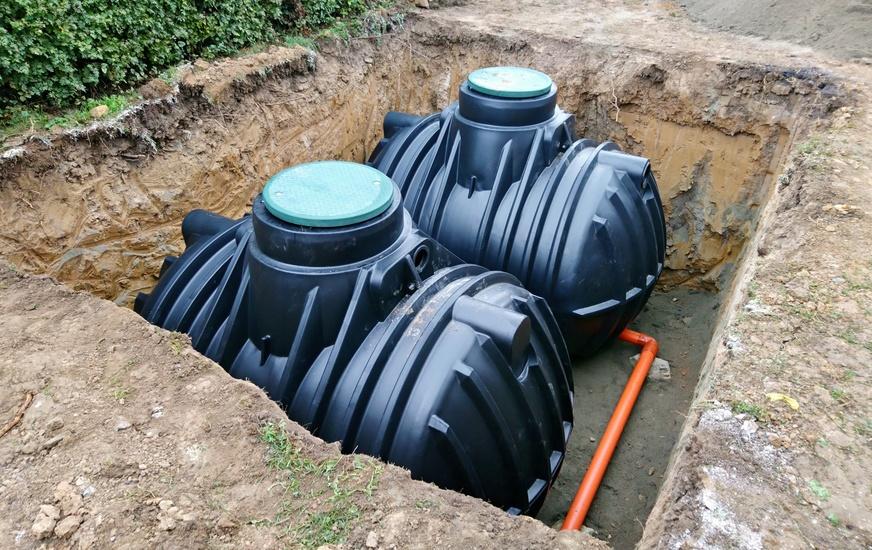
A tank liner plays an important role in making sure that the tank in question can effectively hold what’s stored inside. Industries that manufacture chemicals, for instance, need tanks that can safely contain chemicals -- and liners help do just that. Water storage tank liners, on the other hand, help keep the water safe for human consumption. Liners essentially keep the products inside safe from contamination and leakage, helping to protect the quality.
Of course, lining plays many other roles besides just protecting what’s inside. Water tank liners and industrial tank liners, for instance, help minimize evaporation. Tank liners are also perfect for controlling corrosion.
Customers in the market for a new tank liner are often confounded by the numerous options on offer. So how does one go about choosing the right tank liner for their needs? This article explores some of the most important factors to look at when shopping for a water tank.
1. Sustainability and EHS Compliance
If you’re looking for a liner to hold oil, gas, or chemicals, you’ll need to make sure that the product meets stipulated environmental, health, and safety (EHS) practices. When you use an underground storage tank with a capacity of 110 gallons or less, you shouldn’t be worried too much about federal regulations, according to the Environmental Protection Agency. But regardless of the size of tank or whether you’re using it to store water or safely contain chemicals, it’s prudent to go for a liner that will optimize on sustainability, health, and safety. Choose liner products that are non-toxic, solvent-free, flashpoint-free, BPA-free, and VOC-free.
2. Waterproofness
Every good tank liner, whether it’s a chemical liner or a concrete liner, needs to be impermeable. Chemical liners need to have seals that prevent leaks and safely contain chemicals inside the container. Tank liners for water systems, on the other hand, must be able to keep contaminants from leaking into the tank and polluting the water. Before purchasing a tank liner, it’s thus important to do your research as to what kind of liners or coatings have the best waterproofing features.
3. Durability Level
The best tank liners are remarkably durable. Not only are they resistant to general wear and tear, but they also don’t puncture easily. If the water tank will be stored outside, then the lining with impressive weather resistance features should be considered. In cases where the tank will be moved frequently from place to place, or where the tank experiences considerable expansion and contraction as a result of atmospheric conditions, custom linings that have good flexibility and elongation properties are best. When it comes to tanks that will store chemicals, go for linings that have been tested and approved as being able to safely contain chemicals.
4. Application
As mentioned earlier, tank liners come in a wide variety of options that customers can choose from. If you’re looking to safely contain chemicals, then opt for chemical liners. Customers can also choose between chromium plating, concrete water tank liners, flexible liners, and so on.
The type of tank liner you settle on depends on what application you have in mind for the liner. If, for instance, you are looking for a liner for your water tank, you’ll go for a water trough liner. Such a liner is different from liners used for agricultural tanks. Knowing the application of the liner helps you choose the ideal one for your needs.
5. Reparability
Every lining has a reparability window. Some linings have little or no reparability. Opt for liners that have long to infinite reparability as they drastically reduce the expenses of repairs down the road. By paying attention to this factor, you can cut down expenses such as the cost of abrasive plating or recoating the entire tank.
Getting the right tank liner for the job is critical when it comes to making sure that the tank will be able to safely hold what is inside. It doesn’t matter whether the tank contains chemicals, water, or gas; the ideal liner is often the difference between keeping liquids in good condition and contamination or a leak.
